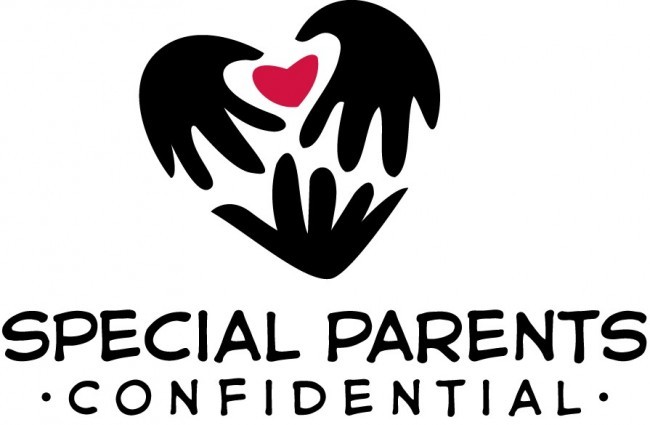Special Parents Confidential Episode 17 When Schools Say ‘No’.
In 1990 Congress passed IDEA, or Individuals with Disabilities Education Act, which entitles each student with a disability to a free appropriate public education (FAPE) to meet his or her unique needs. Originally titled Education for All Handicapped Children Act of 1975 (EAHCA), it was based on Congress’ finding that the millions of children with disabilities had educational needs which were not being met due to a lack of services and inappropriate public school placement. IDEA set down guidelines for how schools and states were to implement special education procedures.
Unfortunately, there is a wide disparity across states as to how those guidelines should be implemented, or even interpreted. Similarly, school districts can even have differing standards for services they offer in special education. Simply put, IDEA allowed States and schools a lot of leeway in special education implementation, based on numerous issues including need, population, local economic factors, and other considerations.
The problem for parents is, this leeway in the implementation of procedures can sometimes allow States and school districts to restrict or even deny extra help for students who don’t fit the exact definition of a particular disability or learning disorder. School Districts and States are also cutting certain aspects of special education support from Education budgets as cost-saving measures. While districts and States aren’t outright eliminating Special Education, they do cut budgets for support programs, assistant teachers or para-pros who help in the classrooms, and other accommodations. The result is many parents are finding out that their children will perhaps get minimal help (the least allowed under regulations), but more often than not they hear the word ‘no’ when asking for additional help or support for their child.
So what can you do when your school or State says ‘no’?
Our guest in this episode has some answers. Suzanne Wilcox is the co-owner of Hope Educational Consulting, LLC a special education advocacy service based in Ohio and Michigan. She is also the mother of four children, two of whom needed special education support in school. She explains how IDEA works, and how schools and states interpret those regulations. She also explains how ‘best practices’ can sometimes be overlooked due to budgeting, or availability issues.
During the time when she and her family lived in Ohio, she and her partners were instrumental in creating and passing legislation that allowed Ohio to become one of the first States in the country to recognize Dyslexia as a learning disability, and implemented official regulations on the kinds of therapies schools must offer to help students with Dyslexia. She has worked with parents, teachers, school districts, and legislators on numerous issues with special education.
Suzanne offers some great advice and information that all parents of special needs children need to know. Please feel free to share this episode with everyone you know who has a child with special needs or works with children who have special needs.
* Note: first paragraph attribution to Wikipedia article on IDEA, Individuals with Disabilities Education Act. For more information on IDEA, visit http://idea.ed.gov
As always a reminder that if you like this episode of Special Parents Confidential or any episode we’ve done, please share our site with your friends, family, and all your connections on social media. You can do this easily with the social media buttons located right below this paragraph. Like us on Facebook, follow us on Twitter, add us on Google Plus, or any of the other sites like Tumbler, Linked In, Pintrest, Stumble Upon, Reddit, and others. You can also sign up for our email service and have new posts and podcast episodes delivered right to your inbox the moment they’re available online. That form is located to the right of this text. We’re also on iTunes and Stitcher and if you have a moment, feel free to write a review about our podcast there. Anything you can do to help spread the word about Special Parents Confidential will help us be able to continue these podcasts.
Thanks for your support!
Podcast: Play in new window | Download
Subscribe:
Like this:
Like Loading...
